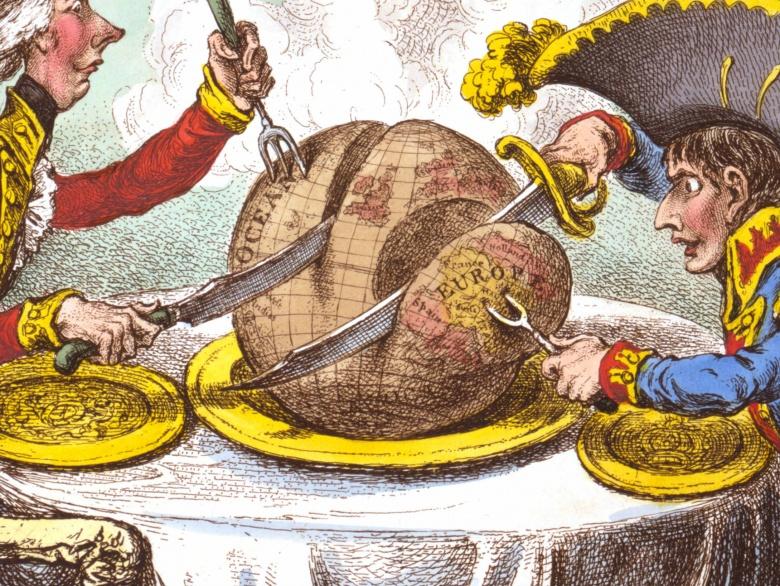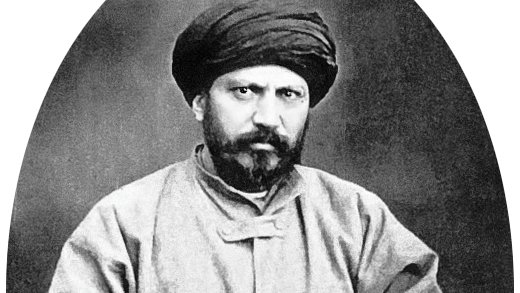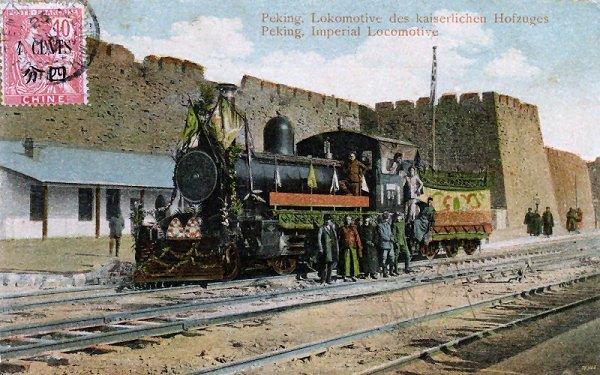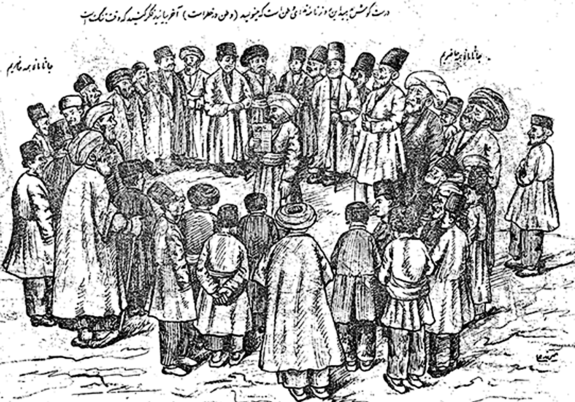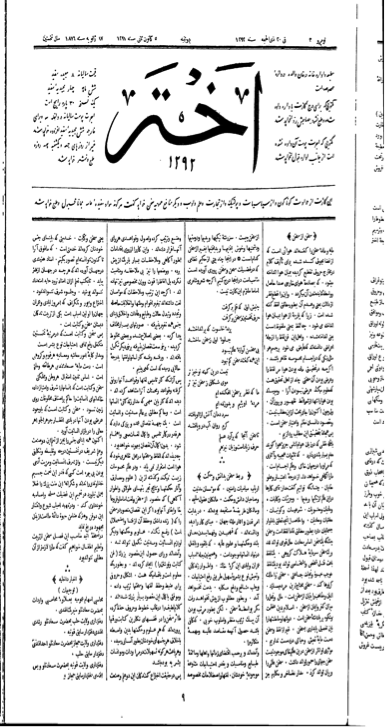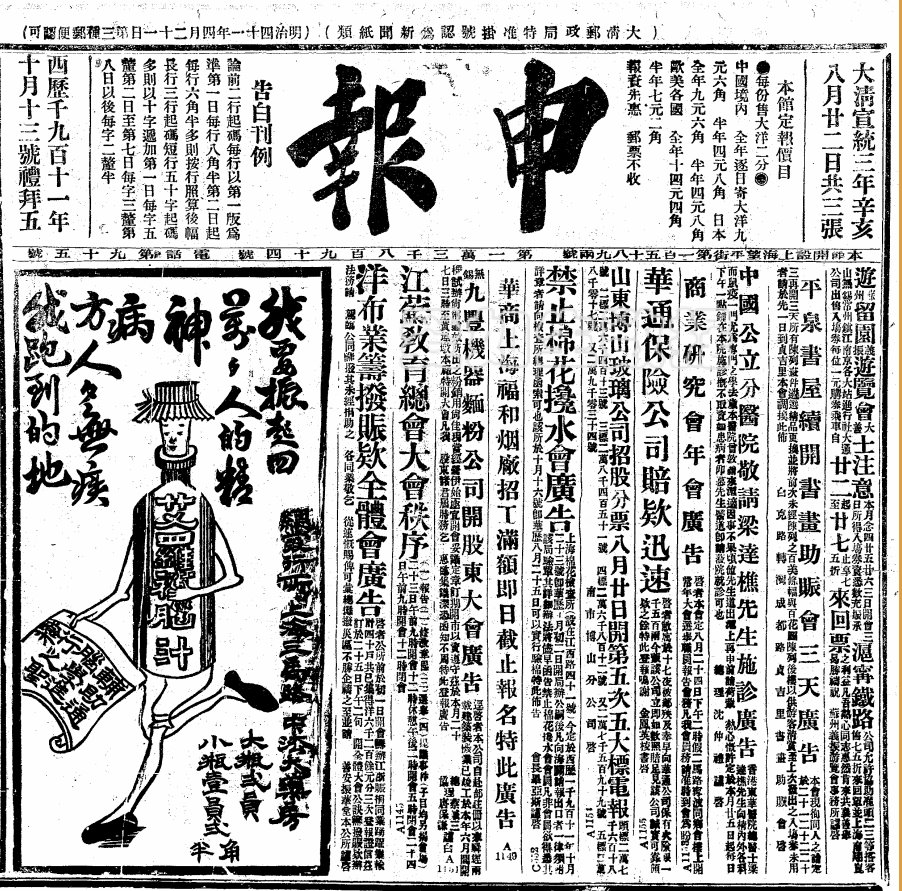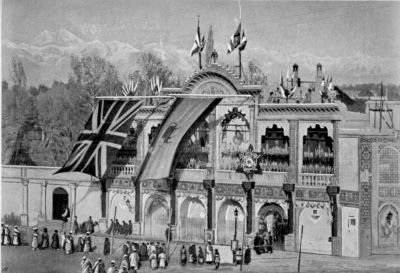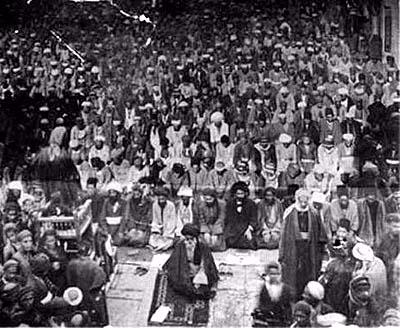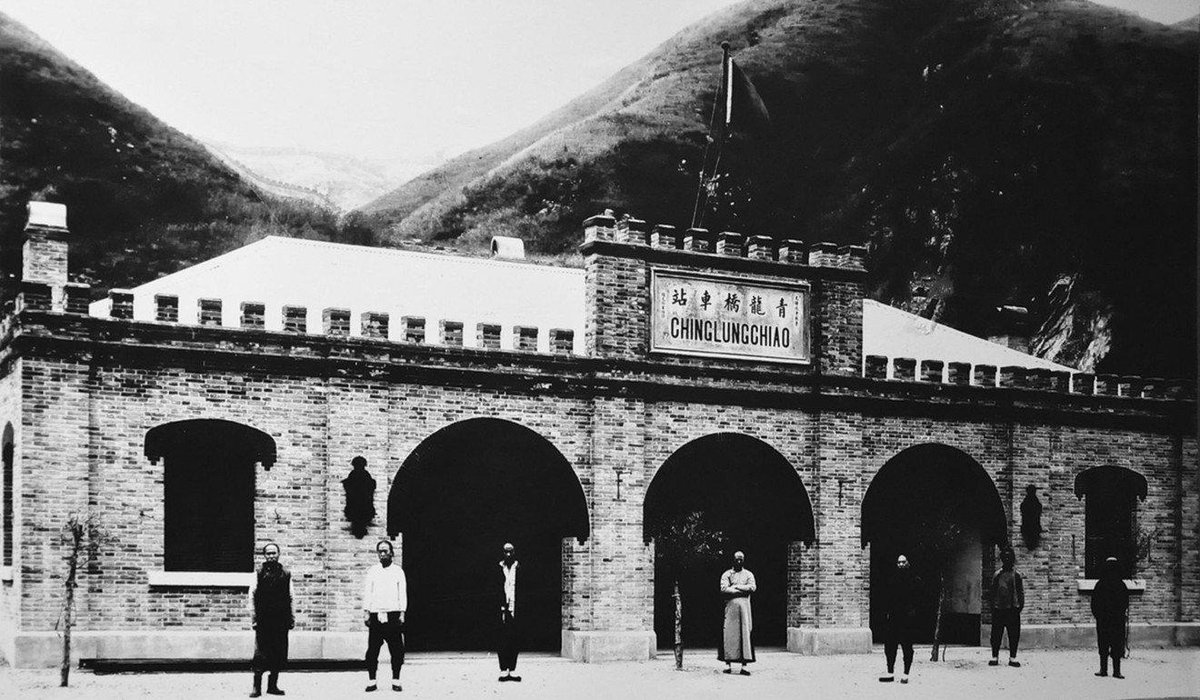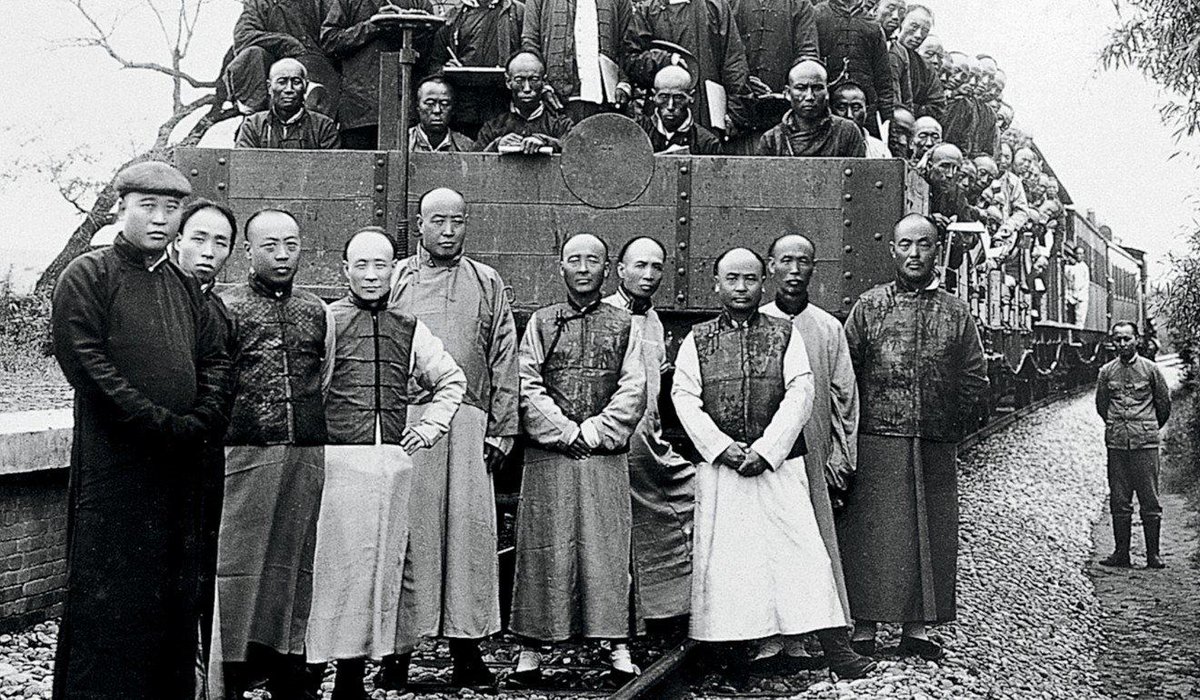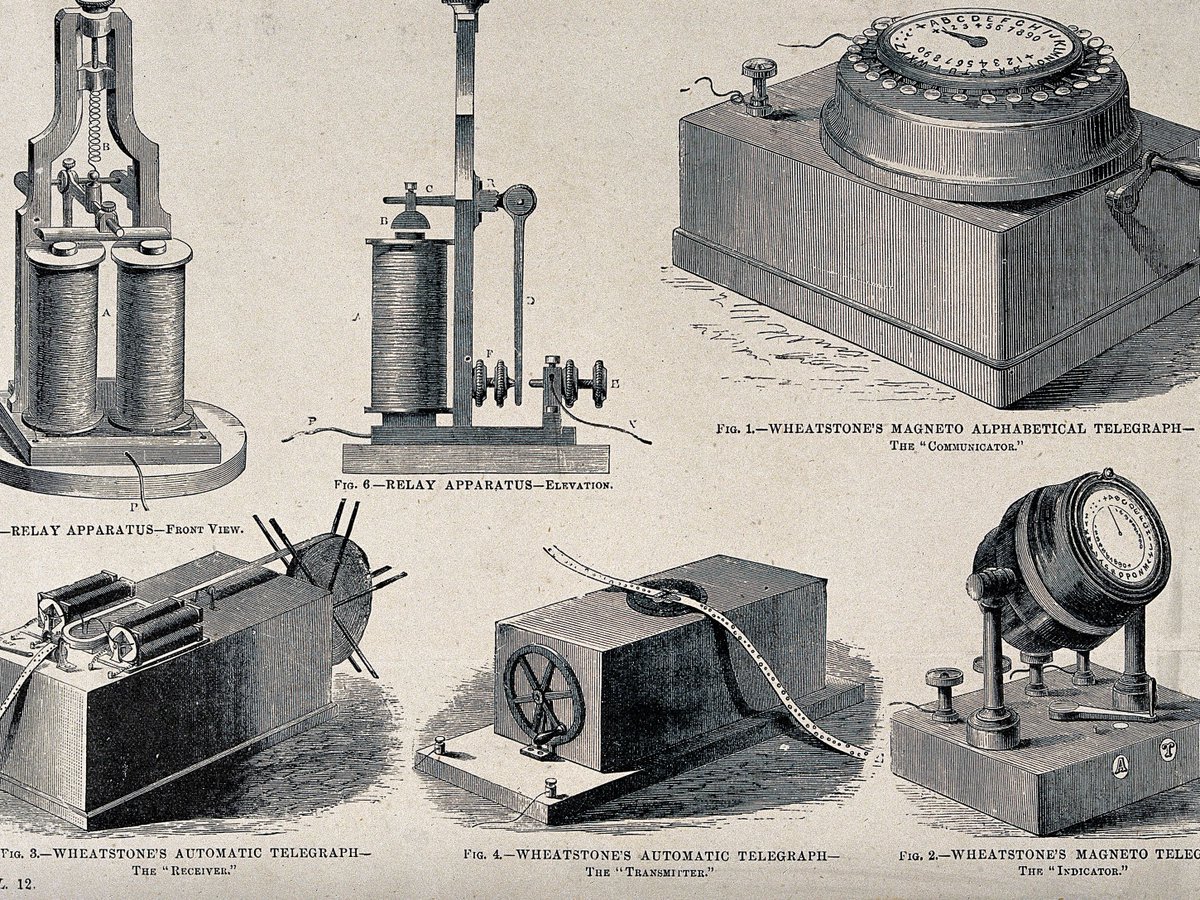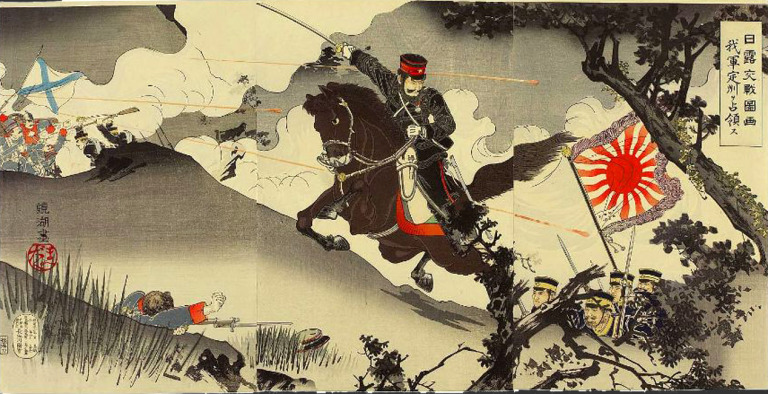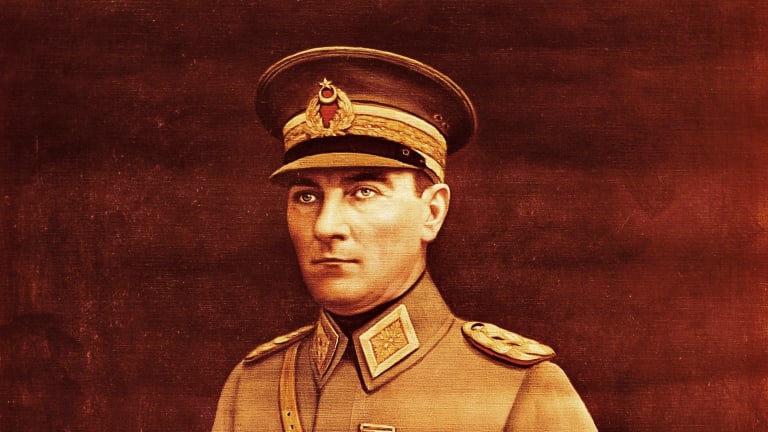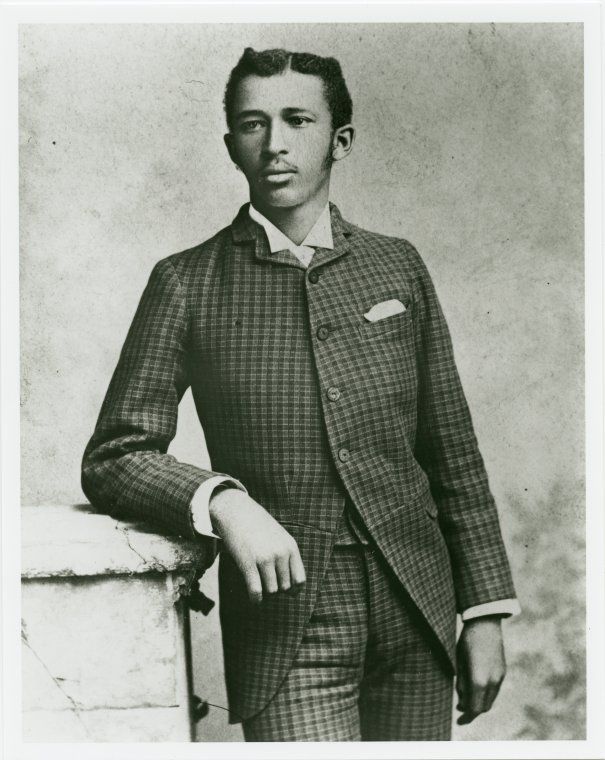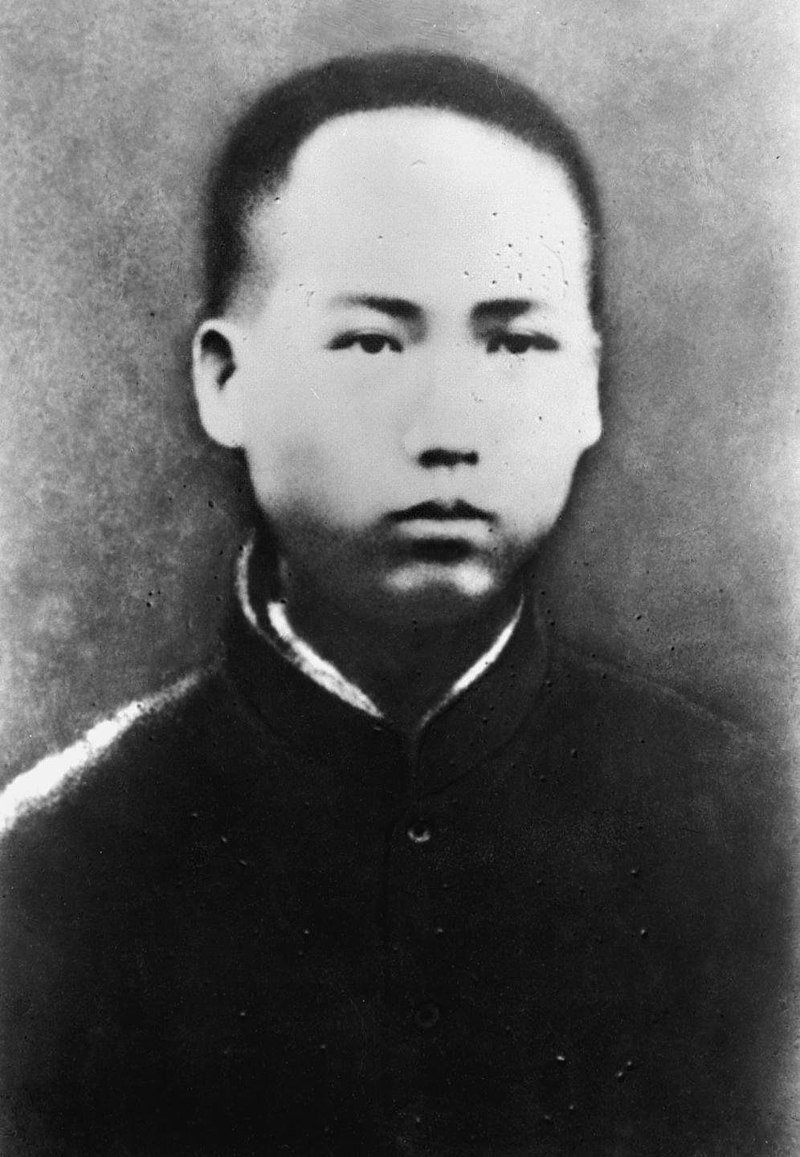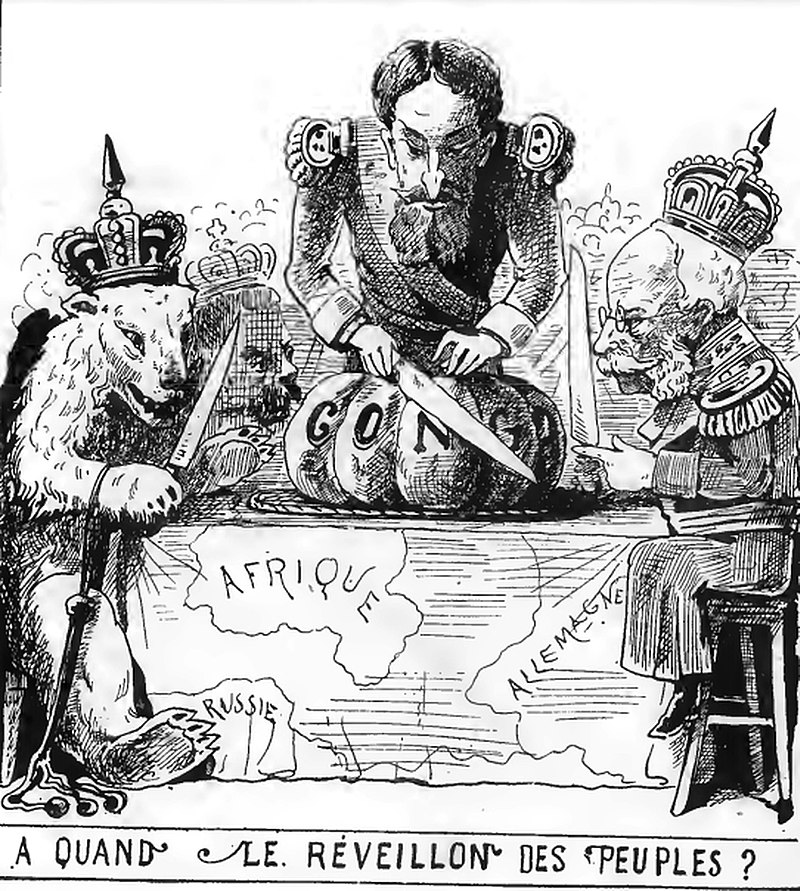By the late 19th century, connections between Iran and China were mediated not by overland trade networks or shared historical memory, but rather the networks of European colonialism. This had profound implications for politics on both sides. 1/
#IranChina by @IranChinaGuy
#IranChina by @IranChinaGuy
2/ Both China and Iran underwent profound
technological and economic changes at the turn of the century. New technologies, especially railroads and steamships, had replaced the slow overland routes made
possible by the Mongols. Advances in printing allowed Arabic books...
technological and economic changes at the turn of the century. New technologies, especially railroads and steamships, had replaced the slow overland routes made
possible by the Mongols. Advances in printing allowed Arabic books...
3/ ... to reach China and allowed Chinese Muslims to study abroad.
Railroads and steamships enabled the exchange of people and products while also directing their flow through European-controlled networks. Newspapers and telegram networks allowed literate elites to follow...
Railroads and steamships enabled the exchange of people and products while also directing their flow through European-controlled networks. Newspapers and telegram networks allowed literate elites to follow...
4/ ...daily discussions of international news for the first time. These advances created new opportunities for travel and the exchange of information. They also produced networks that were controlled by European colonial powers. In exchange for control over Iranian
resources...
resources...
5/ ...and critical infrastructure, Russia and Great Britain were all too happy to provide the capital and expertise necessary for development. Cash-strapped courts in Iran and China were equally eager to grant extraordinary concessions for cash payments and modern infrastructure.
6/ In Iran, incidents like the Reuter Concession and the Tobacco Protests exemplified both popular and elite opposition to European control of Iranian resources, which often was expressed through religious arguments. During the 1890 Tobacco Protests, One merchant
in Tabriz...
in Tabriz...
7/ placed an anonymous placard in response to a British notice captured the popular sentiment:
"Ulemas [sic] of the town! Law is the law of religion and not the laws of the Europeans!
Woe to those Ulemas who will not co-operate with the nation! Anyone of the Ulemas who will...
"Ulemas [sic] of the town! Law is the law of religion and not the laws of the Europeans!
Woe to those Ulemas who will not co-operate with the nation! Anyone of the Ulemas who will...
8/ ...not agree with the people will lose his life. Woe to anyone who may sell one muskal of Tobacco to the Europeans! Woe to the Europeans who enforce these customs of the Infidels...Woe to those who will keep quiet!
Curses on the father of anyone who may destroy this Notice!"
Curses on the father of anyone who may destroy this Notice!"
9/ China had a similar experience. The Qing court moved to nationalize the railway system under foreign pressure in 1911, which produced the Railway Protection Movement (Bǎo lù yùndòng 保路运动) in response. One pamphlet published in Sichuan illustrates the local mood:
10/ "In Provision One, the government borrows six million pounds from the Four Powers bank consortium for the
railway. This is like a farmer writing a borrower’s note, taking on debt to mortgage the fields…Provision Nine is truly tragic, reading it brings grief to one’s heart...
railway. This is like a farmer writing a borrower’s note, taking on debt to mortgage the fields…Provision Nine is truly tragic, reading it brings grief to one’s heart...
11/ …Open your eyes and screw up your courage, seize our railway and seize the customhouses!"
In short, Iran and China were experiencing similar challenges from European colonial powers which were common across Asia. The invention of the telegraph and spread of newspapers...
In short, Iran and China were experiencing similar challenges from European colonial powers which were common across Asia. The invention of the telegraph and spread of newspapers...
12/ ...allowed for Asian elites to follow events more closely than they ever had before. One of the first events which sent shockwaves throughout Asia's new generation of elites was the victory of Japan over Russia in the 1905 Russo-Japanese War. Mishra Pankaj writes about the...
13/ ...reaction across Asia.
"In Damascus, Mustafa Kemal, a young Ottoman soldier later known as Atatürk, was ecstatic… Reading the newspapers in his provincial town, the sixteen-year-old Jawaharlal Nehru, later India’s first prime minister, excitedly followed Japan’s war..."
"In Damascus, Mustafa Kemal, a young Ottoman soldier later known as Atatürk, was ecstatic… Reading the newspapers in his provincial town, the sixteen-year-old Jawaharlal Nehru, later India’s first prime minister, excitedly followed Japan’s war..."
14/ fantasizing about his own role in ‘Indian freedom and Asiatic freedom from the thralldom of Europe'...In the United States, the African-American leader W. E. B.
Du Bois spoke of a worldwide eruption of ‘colored pride’"
Mao Zedong, then a schoolboy, later said, “At that time,
Du Bois spoke of a worldwide eruption of ‘colored pride’"
Mao Zedong, then a schoolboy, later said, “At that time,
15/ "I knew and felt the beauty of Japan, and felt something of her pride…”
Sun-Yatsen, the Nationalist Chinese leader, wrote of the war:
"Men thought and believed that European civilization was a progressive one – in science, industry, manufacture, and armament – that Asia...
Sun-Yatsen, the Nationalist Chinese leader, wrote of the war:
"Men thought and believed that European civilization was a progressive one – in science, industry, manufacture, and armament – that Asia...
16/ ...had nothing to compare...they assumed that Asia could never resist Europe, that European oppression could never be shaken off. Such was the idea prevailing thirty years ago."
Jamāl al-Dīn al-Afghānī (1838-1897), a radical anticolonial Muslim thinker wrote in 1896:
Jamāl al-Dīn al-Afghānī (1838-1897), a radical anticolonial Muslim thinker wrote in 1896:
17/ "What an affliction! What kind of situation is this? What kind of adversity is this? England has occupied Egypt, the Sudan and the great Indian Peninsula; the French have taken possession of Morocco, Tunisia and Algeria; the Netherlands have become a despotic ruler of
Java...
Java...
18/ and the Oceanic islands; Russia has captured West Turkistan, the large cities of Transoxiana, Caucasia and Daghestan; China has taken East Turkistan. Not more than a few Islamic countries, which are also in great danger, have remained independent."
19/ In short, throughout Asia, intellectuals were exchanging ideas and information. Given this context, it is hardly surprising that commentators in China took notice when the Iranian constitutional revolution broke out...
And that is the subject of our next thread! - B.F
And that is the subject of our next thread! - B.F

 Read on Twitter
Read on Twitter